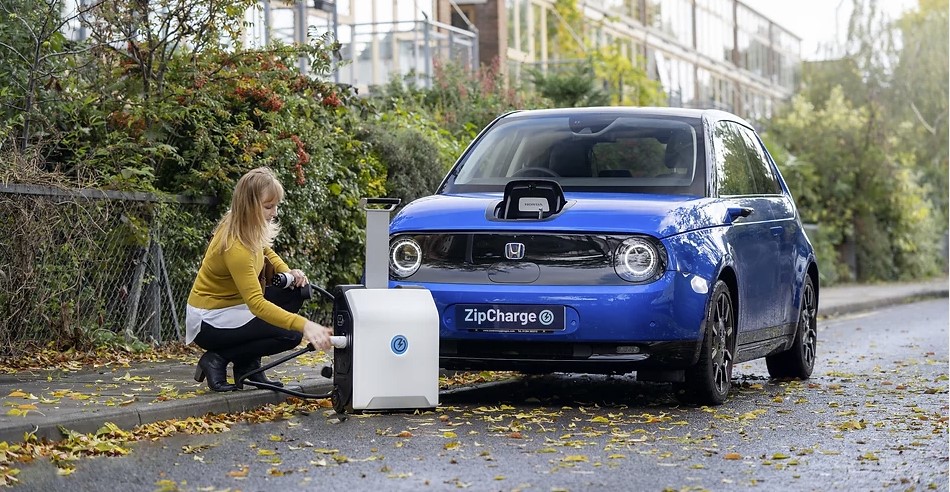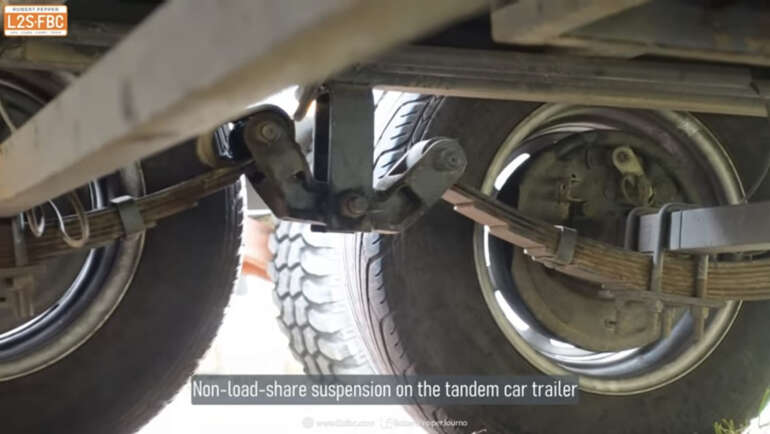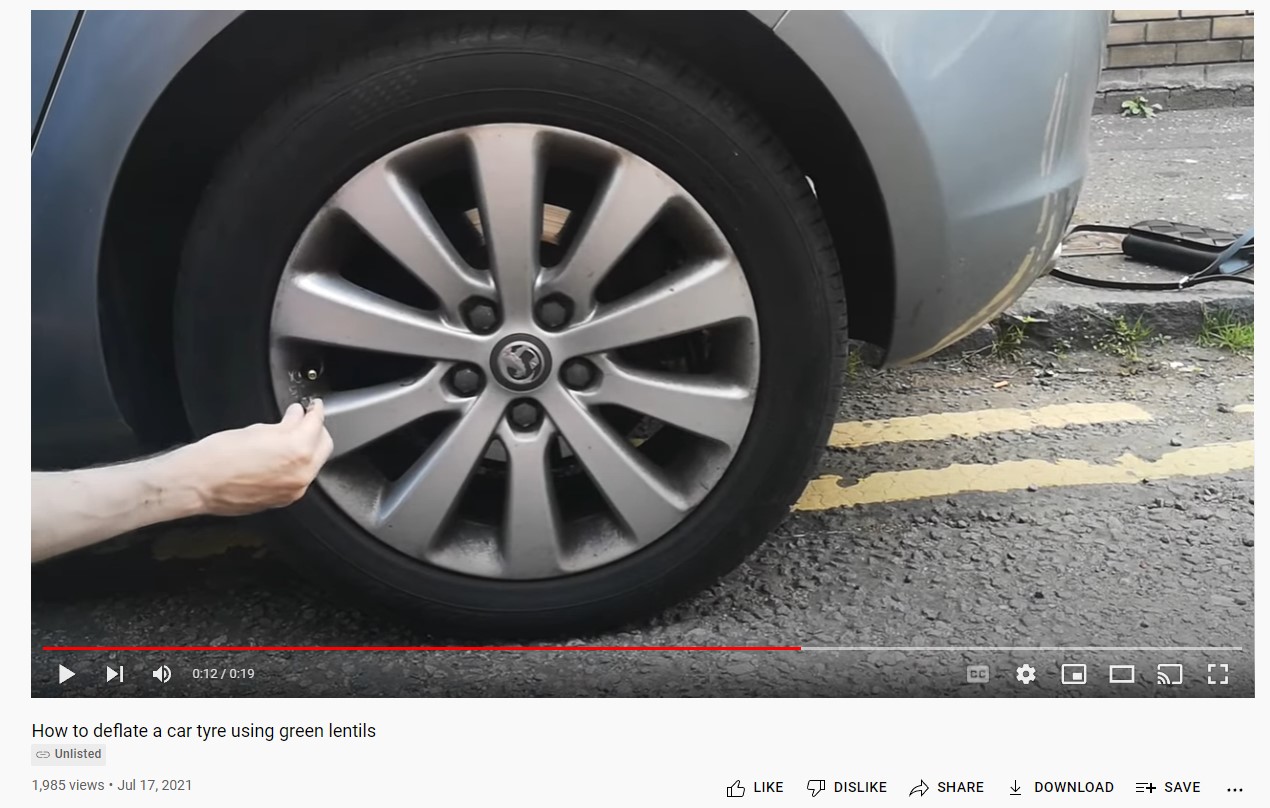
Is an ‘e-jerry’ the solution to extend EV 4X4 range?
If you own an offroad touring 4×4 or tow heavy caravans, then your fuel consumption is going to rise quite dramatically compared to standard and so you’ll want some extra range.
The simple way to solve this is to fit an long-range fuel tank; either replacing the standard tank, or adding an auxiliary. In my Ranger I have a 140L tank which replaces the standard 80L, and in my Discovery 3 I had an extra 90L tank. The tanks permit safe, simple and easy carriage of extra fuel to extend range, and I love the flexibility.
If you can’t, or don’t want to fit a long-range tank then you can take jerrycans of fuel instead. And then the question has arisen; what about taking a battery for an EV, something I’ve termed an ‘e-jerry’.
Well, there’s now a company offering exactly that, and it’s called ZipCharge. Their Go unit is a portable power pack for emergency recharging of EVs. Now it doesn’t appear to be designed with 4X4s or towing in mind, more city cars, but I think it’s an interesting exercise to look at the current state of technology.
The ZipCharge Go weighs 22.5kg. It has a 4kWh capability. Now how far will that take us?
If we look at the Hyundai Kona then we see it has a 64kWH battery and a WLTP (official) range of 484km. That means each kWh takes the car 7.6km, so 4 x 7.6km = 30km of range. Not a lot, but for a city runabout that could well be enough.
Now let’s look at an electric 4X4, and the only one on the market is the Rivian R1T. That is a larger vehicle, so it’s got a 135kWH battery, and its range is 482km. So, each kWH takes the R1T 3.6km. And 3.6km x 4kWH = 14km. And that’s stock consumption figures; Rivian say halve that for towing, and of course with a load or offroad it’d decrease. So, probably more like 10km, if that.
Not exactly worth it.
For comparison, let’s look at the Ford Ranger which has a stock fuel consumption of 8.9L/100km. We carry 22kg of fuel; diesel weighs less than 1kg per L, but I’ll factor in the weight of the jerrycan. So we have 22L of fuel, and that can take us 247km. Even halving that figure it’s still a useful range extension. And, the fuel jerry is then empty so easy and light to carry. The battery never gets lighter.
So right now, the idea of e-jerries for 4×4/towing isn’t workable because the weight/bulk required for the energy simply isn’t worth it. The situation is different for a small town-oriented EV which doesn’t need much energy to travel far, and doesn’t need to extend its range by very much, so ZipCharge would be useful in that scenario.
E-jerries may become more useful in the future as battery technology improves, or there may be some other form of fuel cell system. Or more likely, batteries or other propulsion systems will be so good we just won’t need any type of range-extension system – let’s hope!
Wondering if the EV revolution will ‘brown-out’ Australia? Wonder no more…


